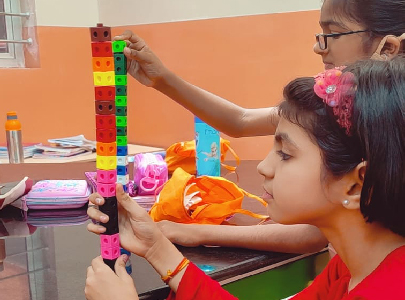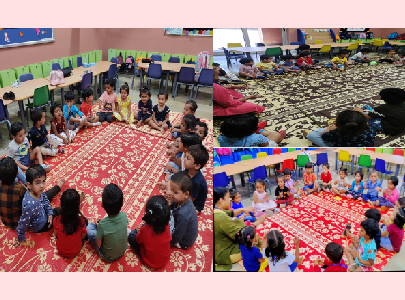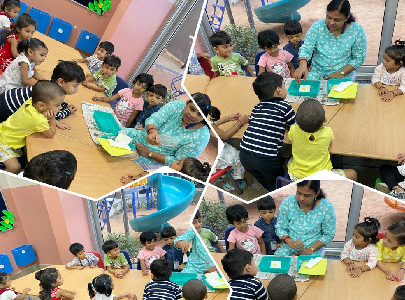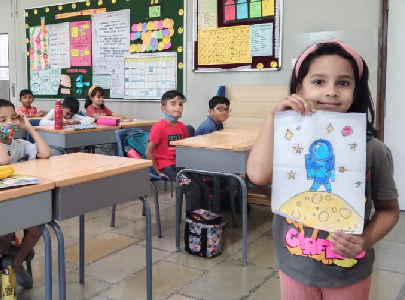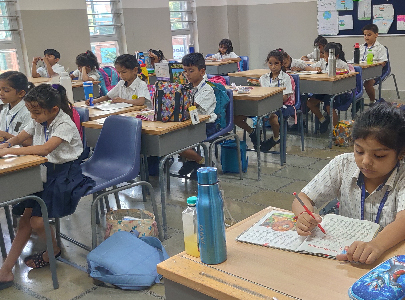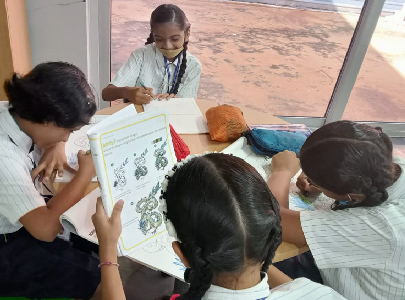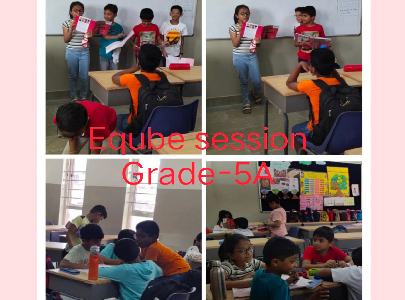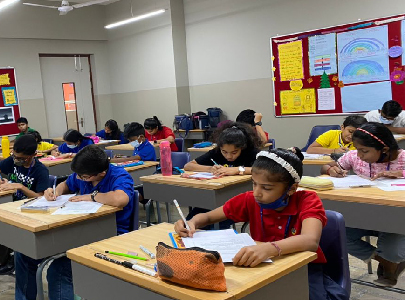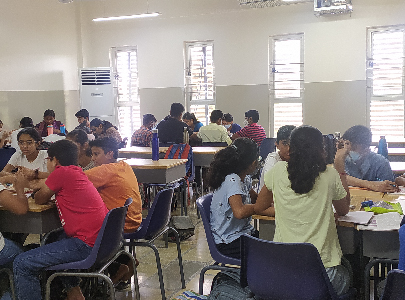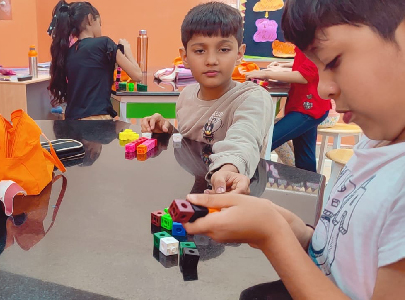At TSUS, the teaching - learning process is designed to ensure that the focus is not just on the “what” of learning but also on the “how” of learning. With the belief and conviction that experiential learning results in creating lifelong learners, the methodology and best practices at school include specially designed and well acclaimed programmes such as the following:
At TSUS, the teaching - learning process is designed to ensure that the focus is not just on the “what” of learning but also on the “how” of learning. With the belief and conviction that experiential learning results in creating lifelong learners, the methodology and best practices at school include specially designed and well acclaimed programmes such as the following:
